Sleeping in your car is a common scenario for weary travelers, shift workers, and those facing temporary housing challenges. Across the United States, the legality of car sleeping varies significantly from state to state, and within states, cities may have their own codes and ordinances. North Carolina, with its blend of major metropolitan areas and rural landscapes, presents a unique legal environment for those seeking to rest in their vehicles. Understanding these laws is crucial to avoid fines or unexpected encounters with law enforcement.
Overview of Vehicle Sleeping Laws in North Carolina
North Carolina does not have a statewide law that explicitly makes sleeping in your car illegal. However, the issue is more nuanced when examined through local regulations, parking ordinances, and trespassing statutes. Each city or county may interpret car sleeping differently, and certain locations—such as private property, rest stops, or public parks—have specific rules.
For instance, cities like Charlotte, Raleigh, and Asheville have municipal codes that address where vehicles can be parked overnight. These rules often intersect with loitering, trespassing, and vagrancy laws and can affect whether a person is allowed to sleep in their car without consequences.
Where Is It Legal to Sleep in Your Car in North Carolina?
Public Rest Areas
North Carolina’s Department of Transportation oversees public rest areas along interstates and major highways. These places are generally safe for rest breaks, but overnight stays may be limited. Most rest areas allow parking for several hours, but sleeping in your car for an extended period or staying overnight could draw the attention of highway patrol or local police.
In cities such as Greensboro or Winston-Salem, rest areas near the city limits often see weary travelers, but posted signs usually clarify the rules. For travelers driving through counties like Mecklenburg or Wake, following the posted guidelines is the best way to avoid legal trouble.
Private Property
Sleeping in your car on private property—such as the parking lot of a business or apartment complex—requires permission from the property owner. Without explicit consent, you risk being charged with trespassing, irrespective of the city or county. In places like Durham, local businesses commonly call law enforcement if a vehicle appears to be parked overnight without approval.
Public Streets and City Parking
Rules about sleeping in your car on public streets or city parking lots can differ significantly from one municipality to another. For example:
-
Charlotte limits overnight parking in certain districts, and extended stays may be considered loitering.
-
Raleigh has regulations against camping in public spaces, and officers may interpret sleeping in a car as a violation.
-
Asheville, known for its high tourist traffic, has ordinances against vehicle camping within city parks and downtown lots.
In all three cities, sleeping in your parked car could result in a warning, citation, or in rare instances, towing. Law enforcement typically distinguishes between a motorist simply resting and someone who appears to be living out of their vehicle.
Counties and Rural Areas: What to Expect
North Carolina’s rural counties offer a different environment. Areas such as Orange County and Alamance County tend to be less restrictive simply due to lower population density. Smaller towns like Boone and Hendersonville may not have specific ordinances about sleeping in your vehicle, but law enforcement still enforces general parking restrictions and trespassing laws.
In coastal regions like Wilmington or the Outer Banks, some towns allow overnight parking at designated lots, particularly for campers and tourists, but not for general vehicle sleeping. Local police departments are usually sympathetic to travelers who are passing through but expect individuals to move on after a short rest period.
Risks of Sleeping in Your Car
While sleeping in a car might seem benign, several legal and safety risks must be considered.
-
Citations and Fines: Violating local parking or camping regulations can result in tickets ranging from $25 to $100, as seen in cities like Raleigh and Charlotte.
-
Trespassing Charges: Being found on private property without permission can lead to trespassing charges, which may result in fines or court appearances.
-
Vehicle Towing: In urban centers, especially near universities like UNC Chapel Hill, vehicles parked in unauthorized zones are subject to towing.
-
Safety Concerns: Parked in isolated or poorly lit areas, individuals could be at risk of theft, vandalism, or personal harm. Cities like Durham and Greensboro report occasional incidents involving parked vehicles in remote areas.
Exceptions and Special Considerations
Those facing temporary housing challenges, such as homeless individuals, may find fewer enforcement actions regarding sleeping in cars. In cities like Asheville, there are initiatives providing safe parking zones and shelter access.
Travelers participating in outdoor events or festivals, particularly in regions like the Blue Ridge Mountains or Wilmington, are sometimes allowed to sleep in their vehicles in designated areas. It is always wise to check with event organizers or local authorities for special provisions.
Law Enforcement Perspective
Police officers across North Carolina generally approach car sleeping depending on context. If the driver appears sober, poses no safety risk, and isn’t blocking traffic or violating clear ordinances, officers usually allow a brief rest period and advise the individual to move on. Repeated violations or complaints from local businesses often result in stricter enforcement.
Best Practices for Safe and Legal Car Sleeping
If you need to sleep in your car while in North Carolina, consider these tips to avoid trouble:
-
Use Designated Rest Areas: Stick to public rest stops and highway welcome centers, observing posted time limits.
-
Obtain Permission: If parking on business or private property, seek permission from the owner or manager.
-
Avoid Downtown Districts: Major cities have the strictest regulations; suburban or rural areas may be more forgiving.
-
Keep a Low Profile: Don’t draw attention to your vehicle, and avoid making it appear as if you are camping.
-
Be Aware of Safety: Park in well-lit, populated places and lock your doors.
Key Facts and Statistics
-
North Carolina has more than 180 public rest areas and welcome centers along major roadways.
-
Charlotte, with a population over 890,000, sees an average of 450 overnight parking citations per month in peak summer travel season.
-
Asheville received over 12 million visitors last year, prompting increased patrol of city parks and downtown parking areas.
-
The state is home to thousands of campgrounds and RV parks, many of which offer overnight facilities for those seeking safe rest.
Conclusion
Sleeping in your car in North Carolina is not explicitly illegal statewide, but local ordinances in cities such as Charlotte, Raleigh, and Asheville introduce layers of complication. Knowing the laws and observing best practices can minimize risks, avoid fines, and ensure a safe, restful break. Whether you’re passing through the Tar Heel State or facing a temporary challenge, staying informed is your strongest protection against unwanted surprises.
North Carolina’s scenic roads and vibrant cities offer much to explore. With a little planning and awareness of local laws, you can travel confidently and rest safely wherever the journey takes you.
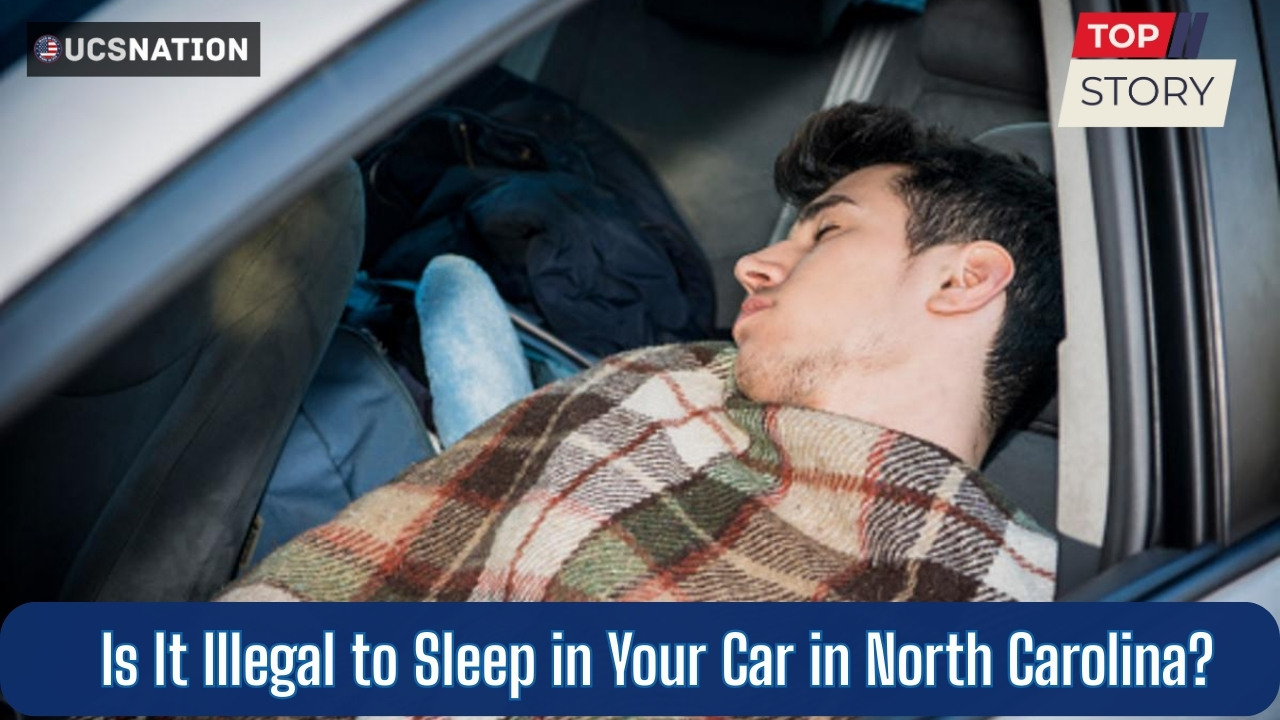





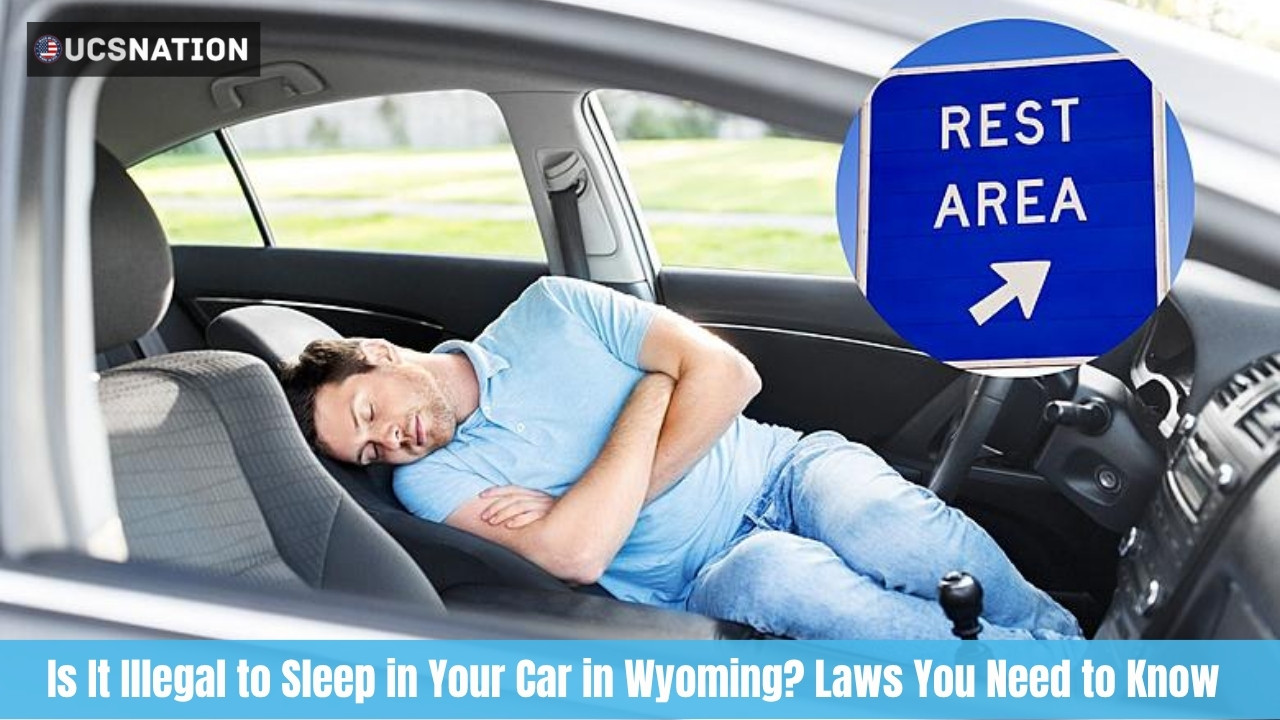
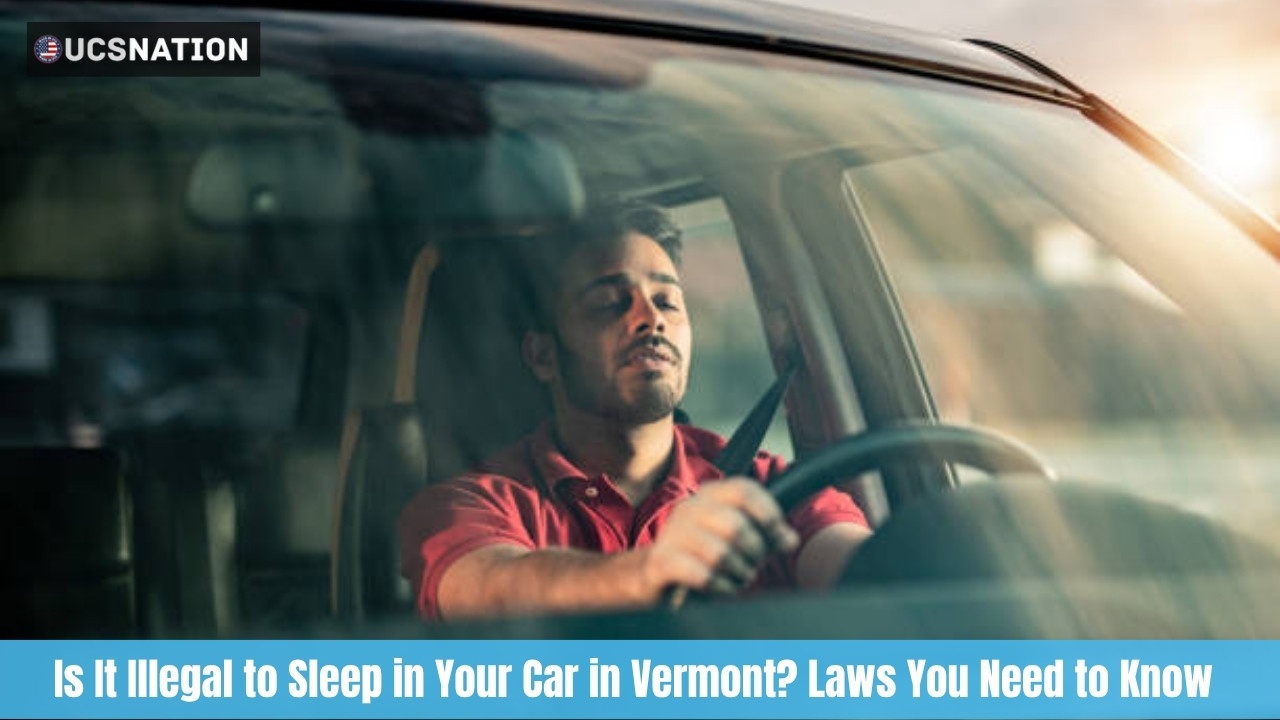
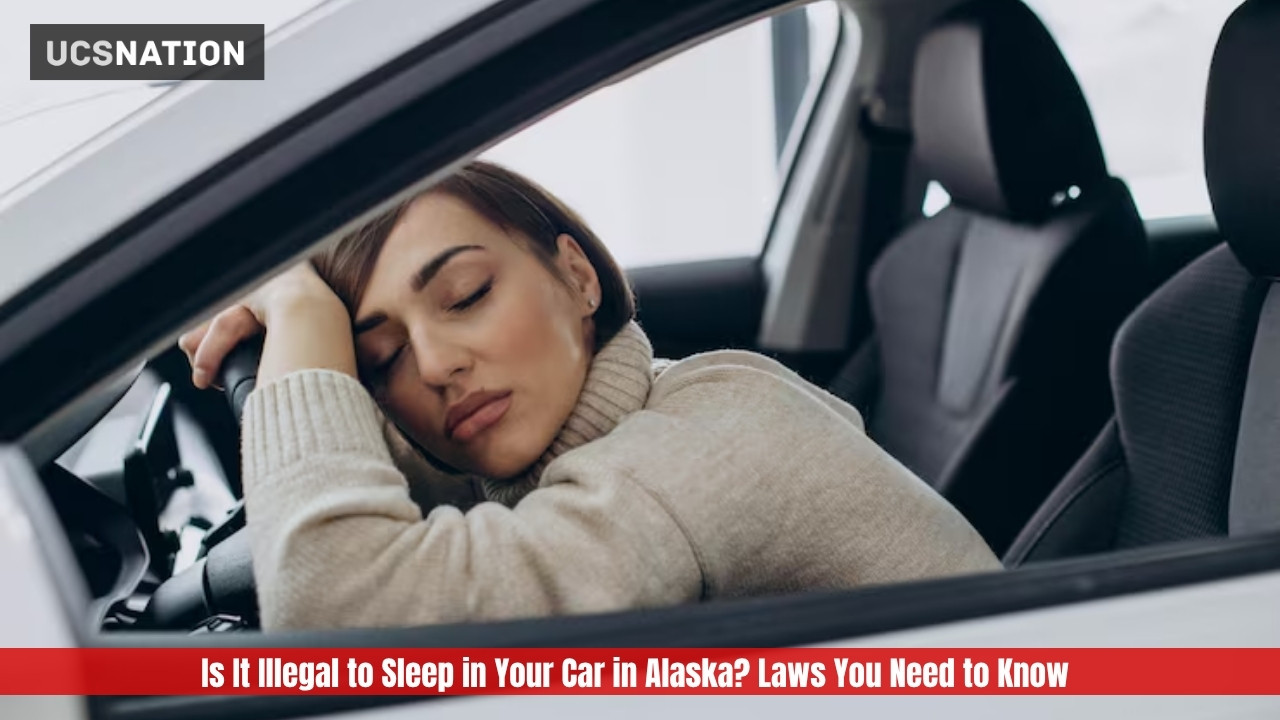
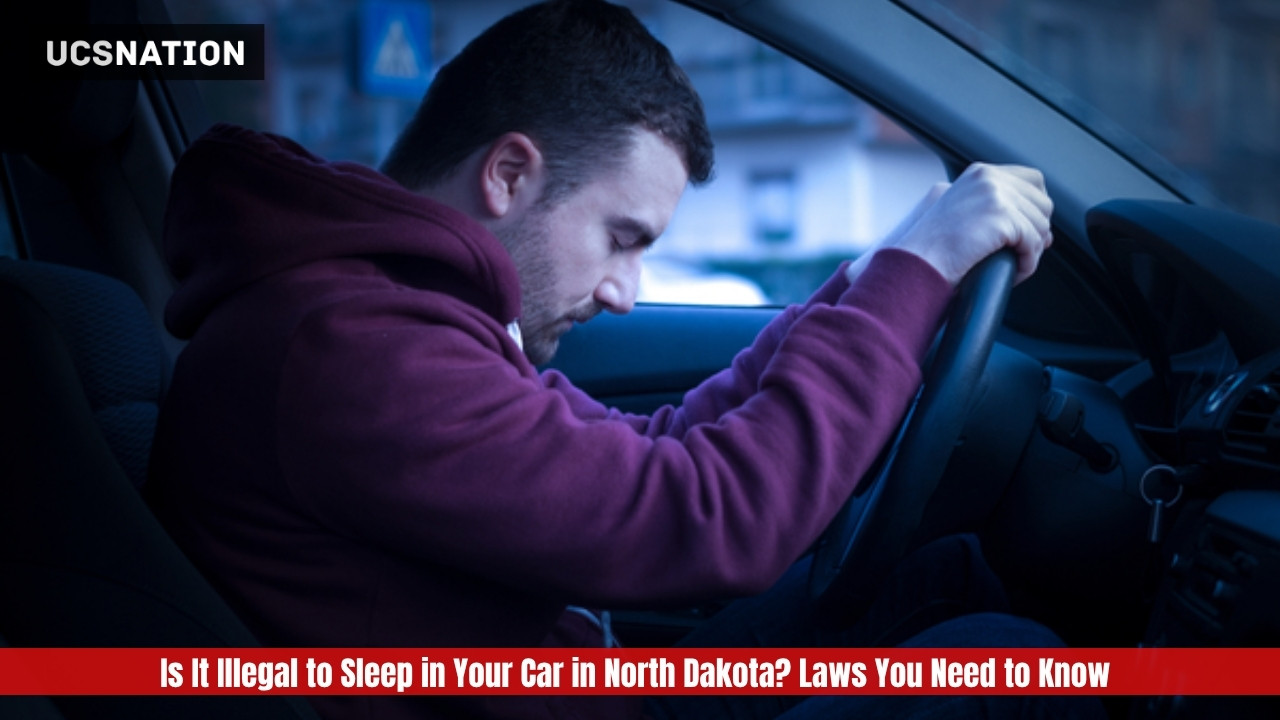
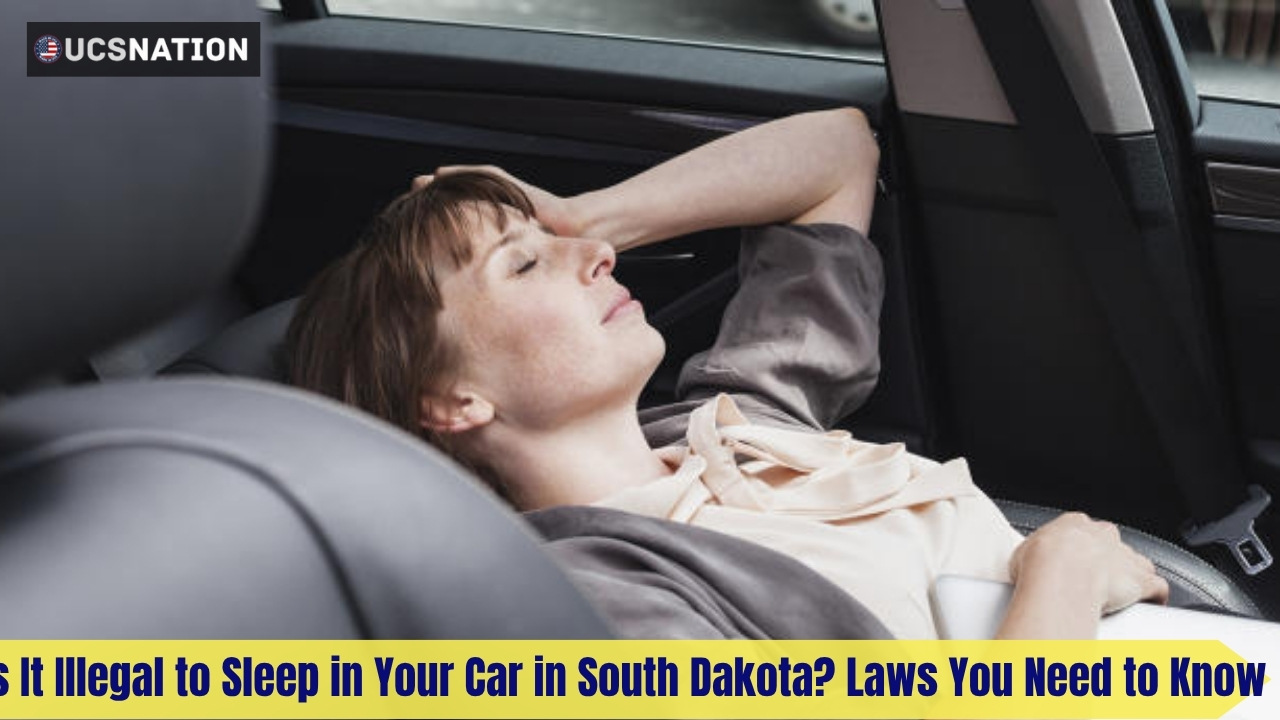




Leave a Reply